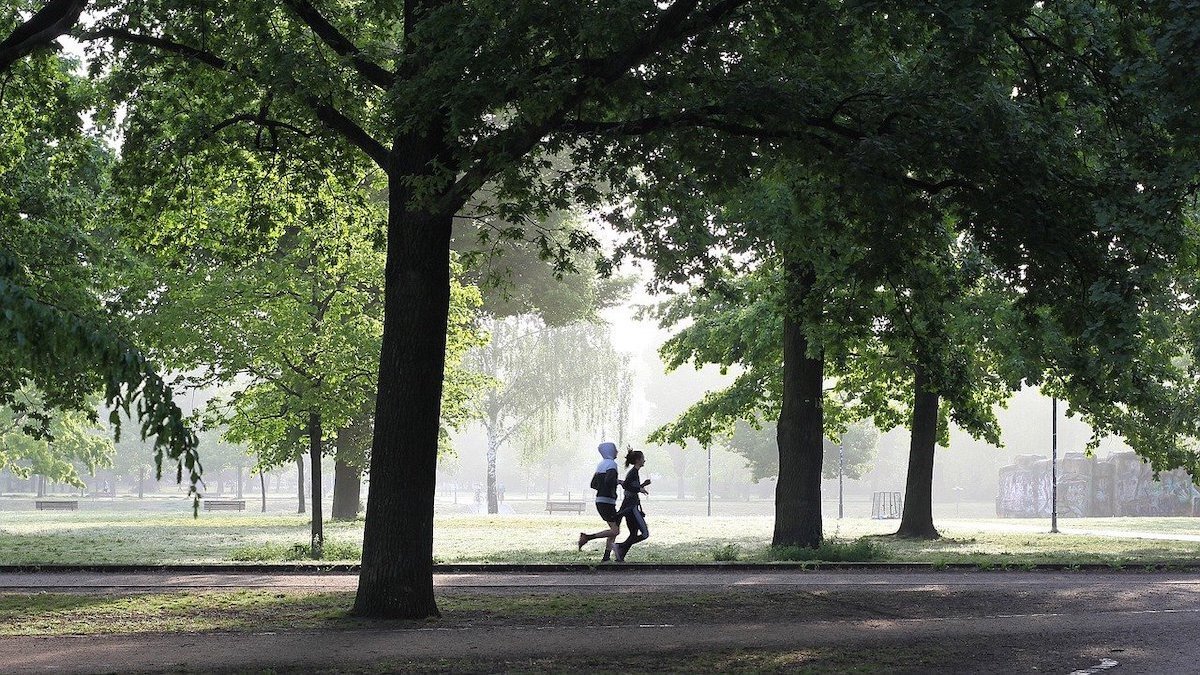As climate change is creating record-breaking temperatures this summer, the American Red Cross offers up their best tips and tricks on how to beat the heat.
Tolerance of heat varies from person to person which means that people need to know what their limits are, MIT Technology Review reported.
"Excessive heat can lead to sunburn, can lead to heat cramps, exhaustion, heatstroke," Red Cross Chief Executive Officer of the Texas Gulf Coast Region Henry Van de Putte said. "If someone is experiencing cramps, you'll feel those in the legs and abdomen. They have to get to a cooler place, so many of us already walk around in a state of dehydration, meaning we are not drinking half a glass of water, drinking about four ounces every 15 minutes, we're not doing that. The average person isn't, which means most of us are going to be walking around dehydrated, which means we are just used to exhibiting signs of heat exhaustion well before. So this is very, very important to talk about right now."
Severe heat kills more than 700 people in the United States every year, according to the CDC.
"Covid could lead to a different way that you experience heat, so I think that's what really we need to talk about, is really being on alert for heat exhaustion and that we always have a plan for cool or moist or somewhere that you can be, in case that sets in," Van de Putte said. "Whether that be a vehicle that has AC, whether that be our public spaces that are opening up again, we really have to be under understanding that we still need these places. The rest of it, especially if we start to see these signs kind of creep up on us."
Van de Putte also discussed leaving pets and children in cars in the heat.
"Some studies show that your car is set at 70 to 74 degrees, if the weather outside is north of 90, it can reach 120 degrees in less than three minutes. That can kill anybody and that can kill your toddler. Please don't leave people unattended in vehicles in the summer," he said.

